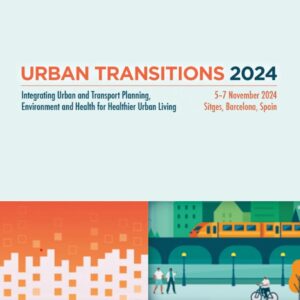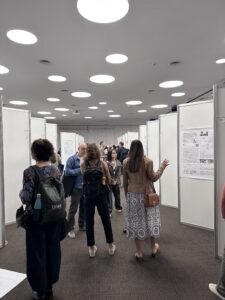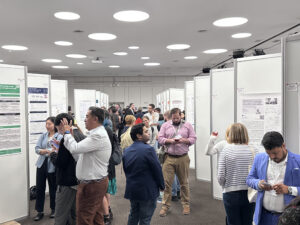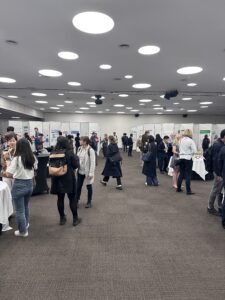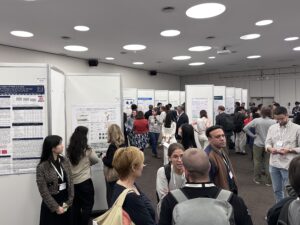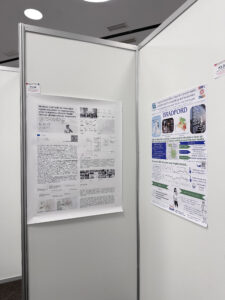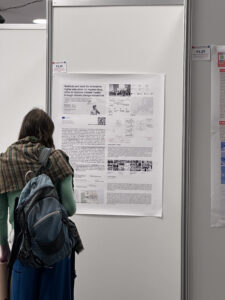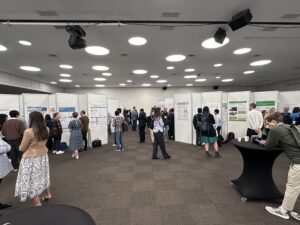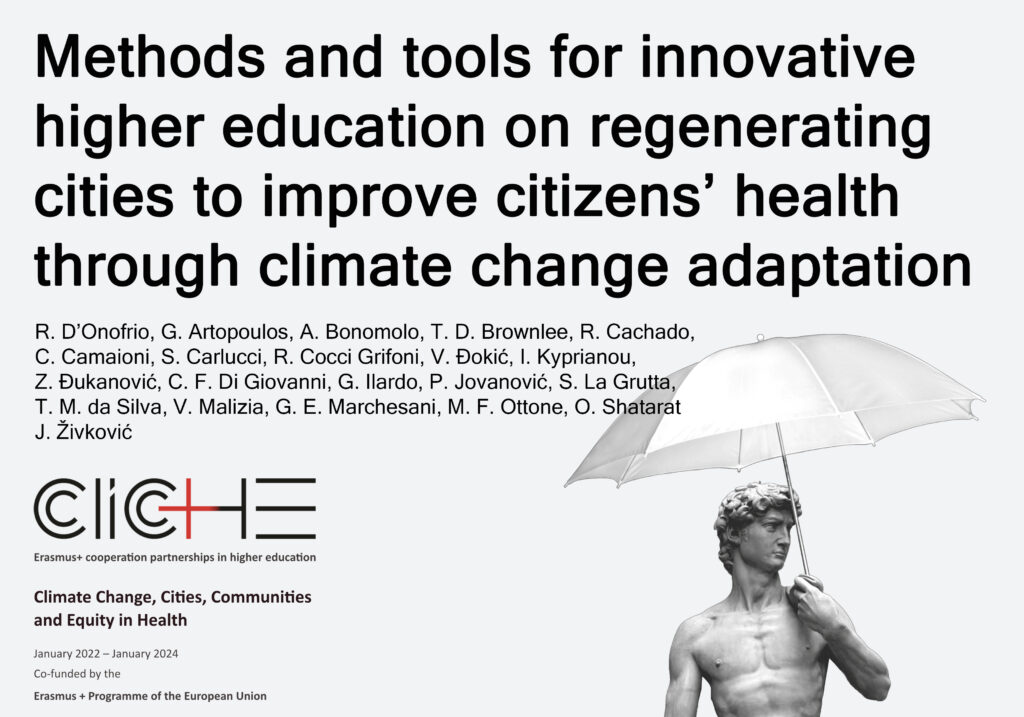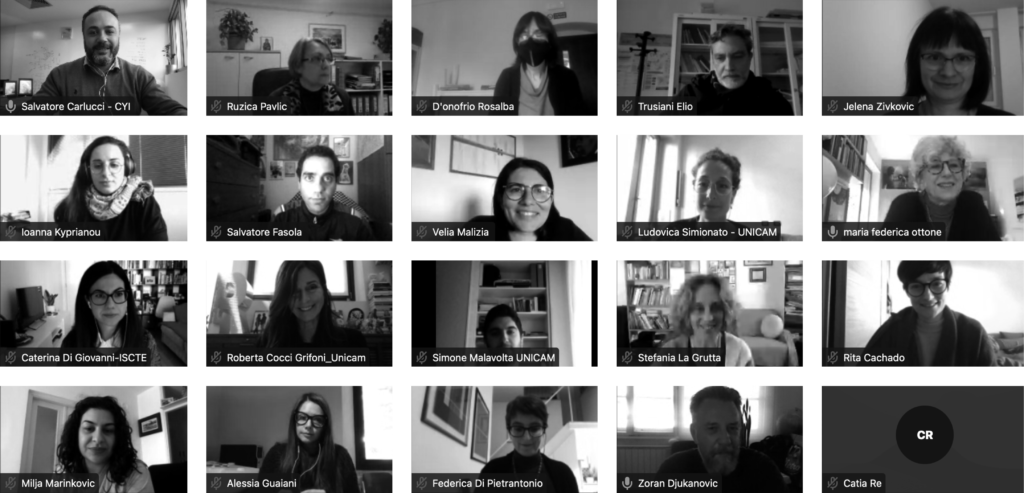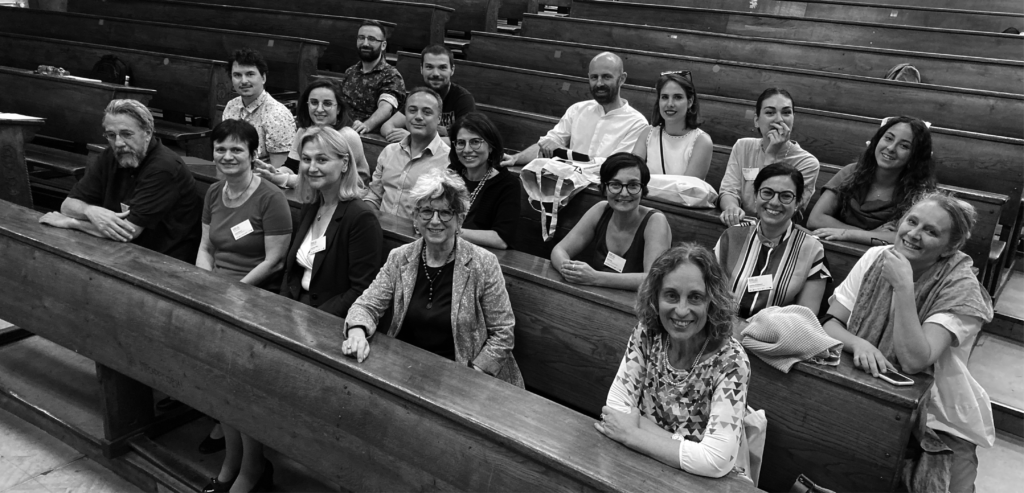CliCCHE UNICAM published a poster Elsevier conference: “Urban Transitions 2024”, 5 – 7 November 2024 | Melia Sitges, Sitges, Spain
Methods and tools for innovative higher education on regenerating cities to improve citizens’ health through climate change
R. D’Onofrio, G. Artopoulos, A. Bonomolo, T. D. Brownlee, R. Cachado, C. Camaioni, S. Carlucci, R. Cocci Grifoni, V. Đokić, I. Kyprianou, Z. Đukanović, C. F. Di Giovanni, G. llardo, P. Jovanović, S. La Grutta, T. M. da Silva, V. Malizia, G. E. Marchesani, M. F. Ottone, O. Shatarat, J. Živković
The concept of “urban health” and the role of urban design in the promotion of quality living spaces in cities are highly debated on a scientific level, but have not yet been effectively introduced into university education. A gap between education, scientific research and professional practice hinders the achievement of a seamless cooperation among the different stakeholders involved in the urban regeneration of our cities. The CliCCHE Erasmus+ project, January 2022 – December 2023 (Climate Change, Cities, Communities and Equity in Health), involved 5 European partners and aimed to implement a joint European initiative facilitating collaboration between the world of higher education, with the contribution of numerous disciplines dealing in different ways with climate change adaptation and urban health, with citizens, local stakeholders, professionals and public administrations.
The aim was to develop an integrated transdisciplinary educational methodology capable of generating, with the contribution of different key actors, urban regeneration proposals in order to facilitate processes of social innovation and co-production of knowledge in European cities. CliCCHE shared educational methodology and its toolkit have been tested through specific training courses, involving university students, public administrations, local communities and stakeholders, in order to increase their knowledge and awareness of climate change and its impacts, and to identify the needs for urban regeneration that respect the environment and human health. CLICCHE attempted to work on a large and international scale by bringing together knowledge that stems from European institutions that work on different issues but jointly identify highly site-specific methodologies.
The construction of this working method can be useful for universities to innovate their educational models, for local administrations to generate more inclusive and sustainable planning and design tools, also from a social, environmental, and cultural point of view, for citizens to raise public awareness on the effects of climate change on health in the urban context.
Poster session 3, November 7 14:00-15:00. Poster number P3.24
Link to the Elsevier Urban Transitions 2024 conference
